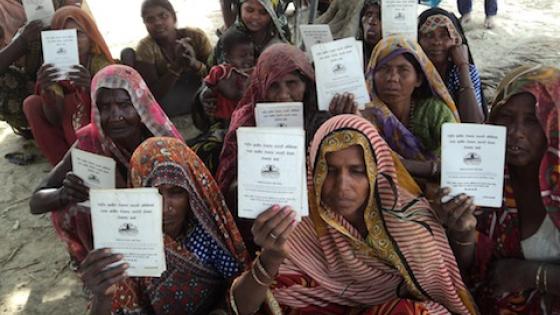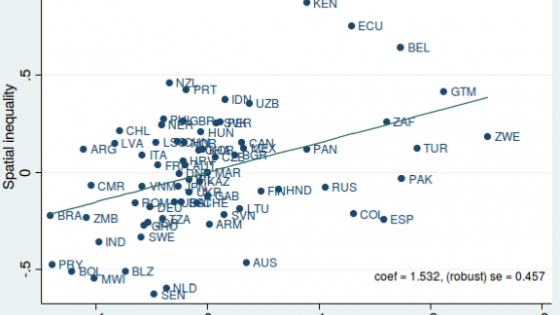DP15784 Social Exclusion and Ethnic Segregation in Schools: The Role of Teacher's Ethnic Prejudice
Using detailed data on primary school children and their teachers, we show that teachers who hold prejudicial attitudes towards an ethnic group create socially and spatially segregated classrooms. We identify this relationship by leveraging a natural experiment where newly arrived refugee children are randomly assigned to teachers within schools. We elicit children's social networks to construct multiple measures of social exclusion and ethnic segregation in classrooms. We find that teachers' ethnic prejudice significantly lowers the prevalence of inter-ethnic social links, increases homophilic ties among host children, and puts refugee children at a higher risk of peer violence. Biased teachers' exclusionary classroom practices emerge as a likely mechanism that explains our results. We find that biased teachers tend to spatially segregate refugees, seat them at the back corners of classrooms, away from attention. Our results highlight the role of teachers in achieving integrated schools in a world of increasing ethnic diversity.


